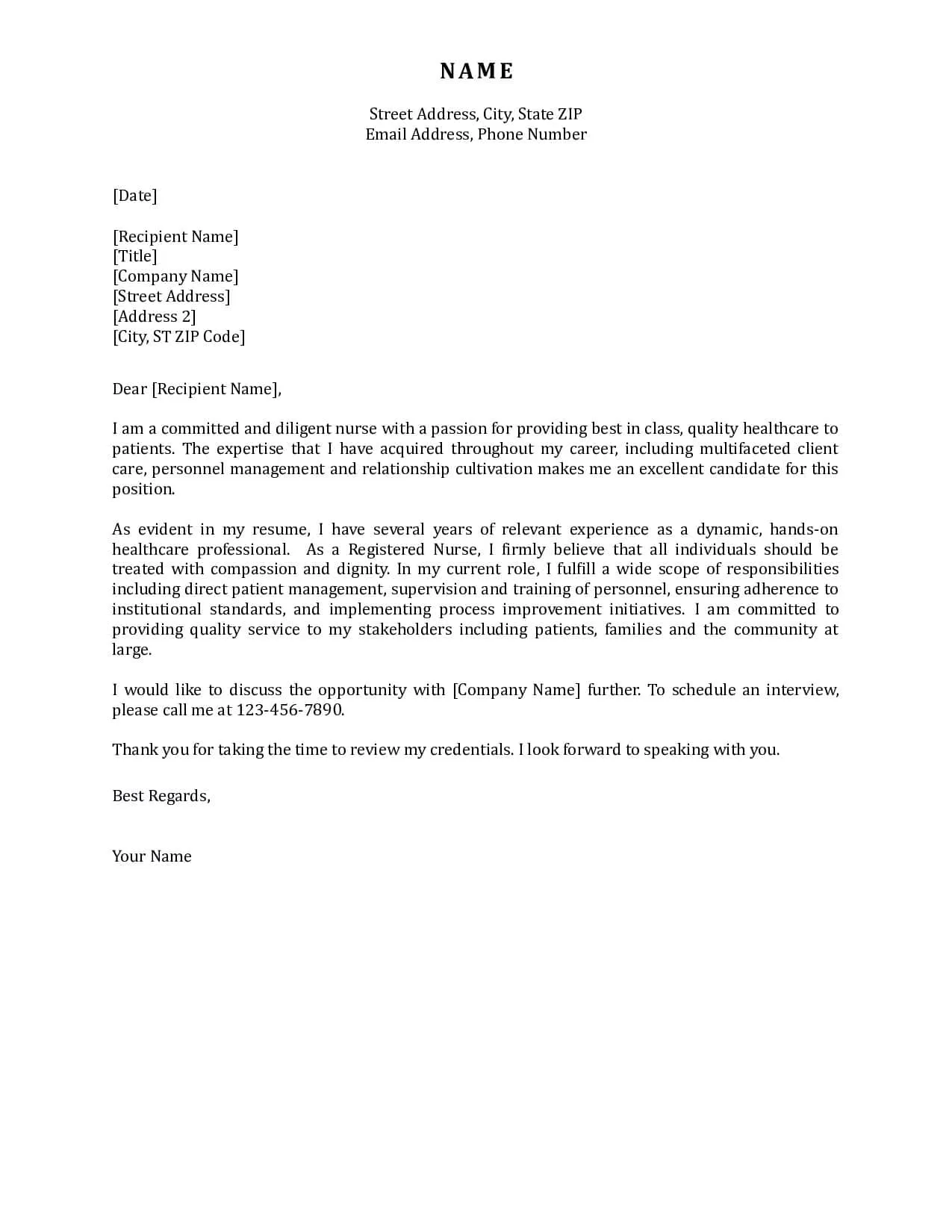Understanding the Nurse Internship Cover Letter
A nurse internship cover letter is your first introduction to a potential employer. It’s a crucial document that complements your resume, providing a space to showcase your personality, passion, and relevant skills. It’s not just a formality; it’s your chance to make a strong first impression and secure a valuable internship opportunity. In this guide, we’ll explore the essential components, formatting tips, and strategies to create a winning cover letter that highlights your potential as a future nurse.
Why a Cover Letter Matters
In the competitive field of nursing, a well-crafted cover letter can be the deciding factor in landing an internship. It offers a unique opportunity to go beyond the bullet points of your resume. It allows you to tell your story, explain your motivation for pursuing nursing, and demonstrate your understanding of the specific internship program and the healthcare facility. A cover letter is your personal marketing tool, and when done right, it can significantly increase your chances of getting noticed.
Key Components of a Cover Letter
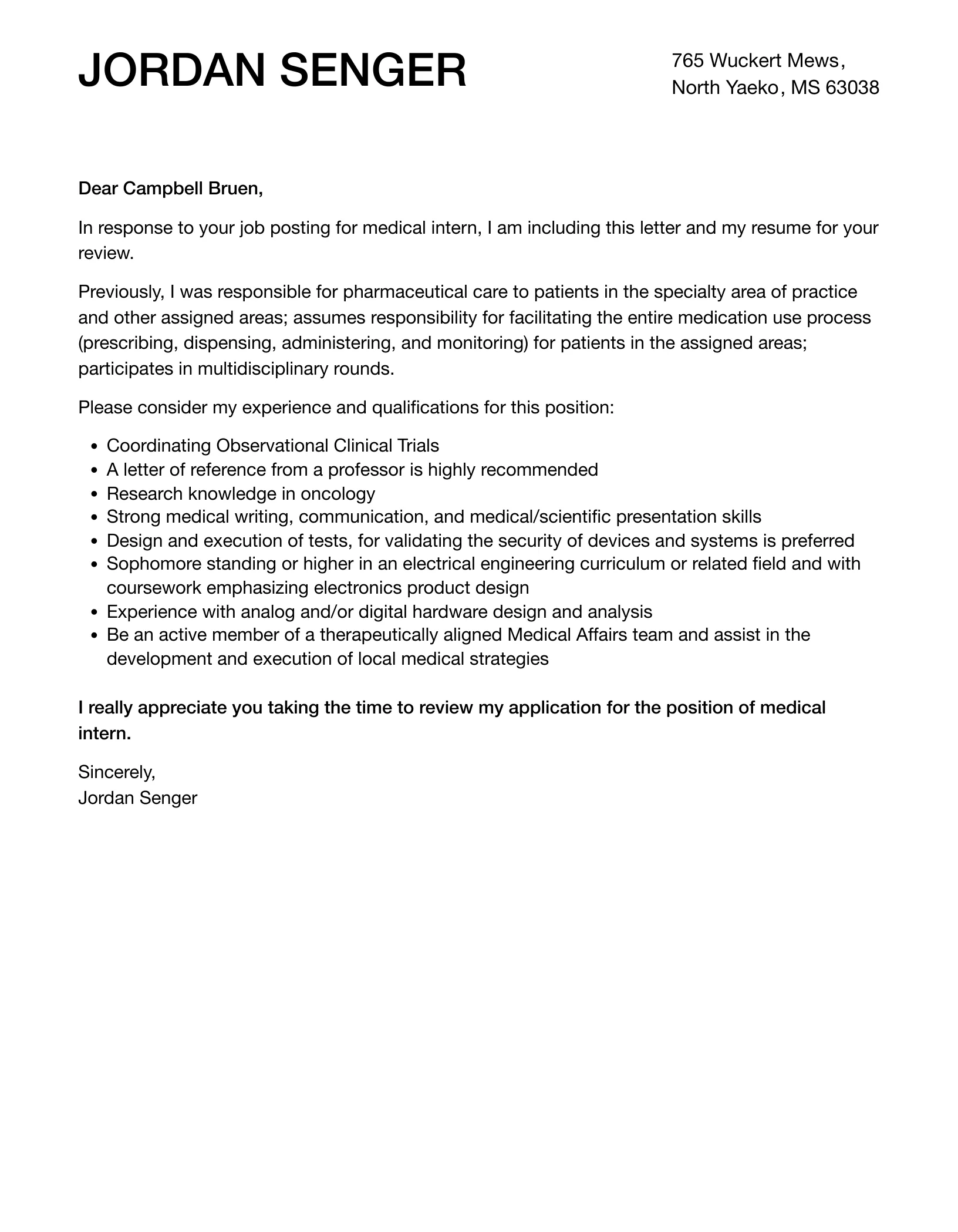
A strong cover letter follows a structured format, incorporating key elements that highlight your suitability for the internship. A comprehensive cover letter typically includes a header, a greeting, an introductory paragraph, body paragraphs detailing your skills and experience, a closing paragraph, and your signature. Each element plays a critical role in effectively communicating your qualifications and enthusiasm.
Header Information
Your header should include your contact information, the date, and the recipient’s details. This section establishes a professional presentation and ensures the recipient can easily reach you. Accuracy is paramount in this section; double-check all information before submitting your application. Your contact details should include your full name, address, phone number, and professional email address.
Applicant’s Contact Details
Your contact information is the first thing the reader sees. It should be clearly displayed and include your full name, address, phone number, and a professional-looking email address. This ensures the recruiter has all the necessary information to contact you. Avoid using an unprofessional email address; create a new one if necessary, such as your name and a number.
Date
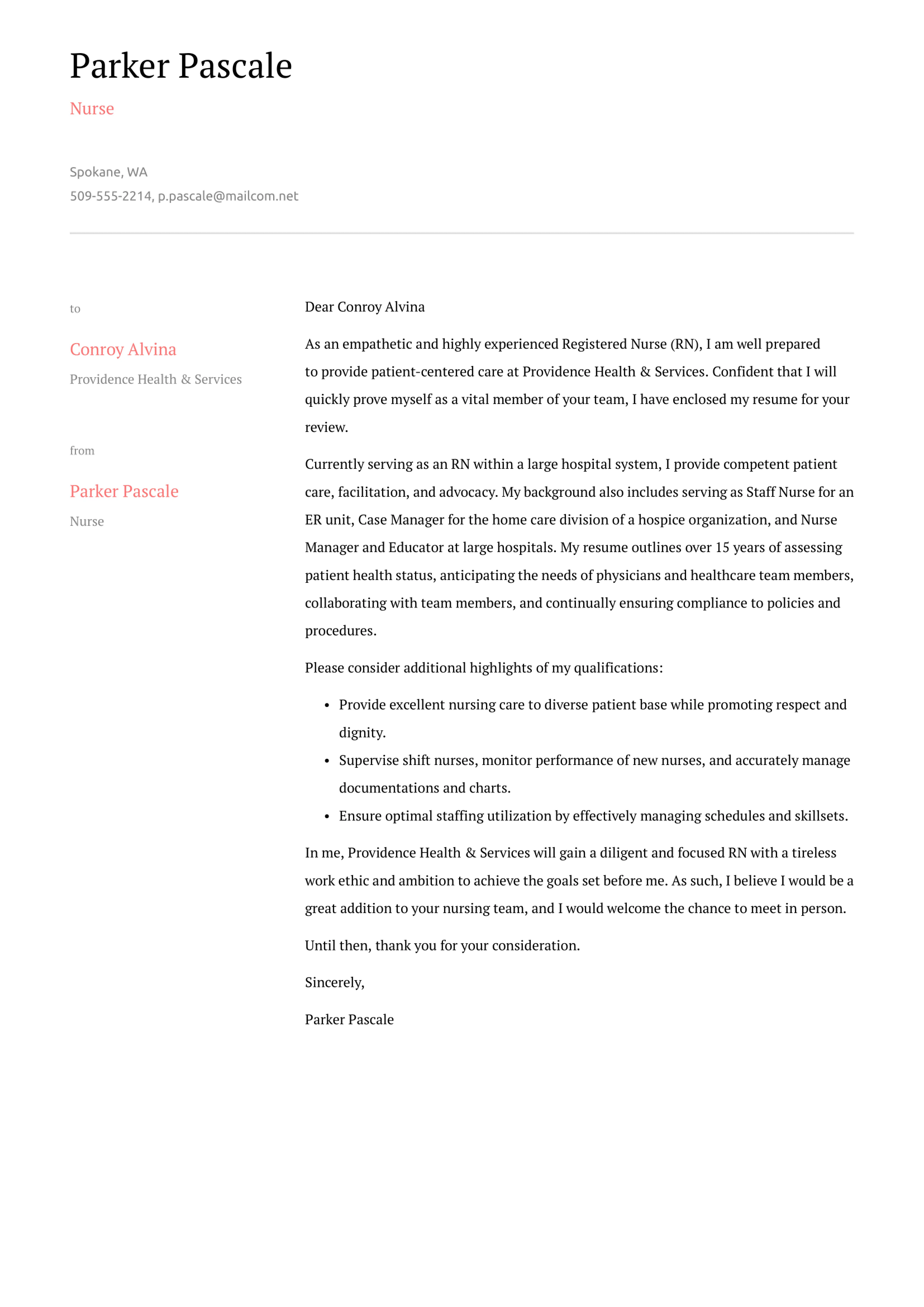
The date should be placed directly under your contact information. Use the current date to reflect the immediacy of your application. This helps the employer understand when you submitted the letter and ensures they know you’re actively seeking opportunities.
Recipient’s Contact Information
Include the recipient’s name, title, and the facility’s address if possible. Addressing the letter to a specific person shows you’ve done your research and demonstrates your attention to detail. If you can’t find a specific name, use the title of the hiring manager, such as ‘Hiring Manager’ or ‘Nurse Recruitment Team’.
Greeting the Recipient
Use a professional greeting, such as ‘Dear Mr./Ms. [Last Name]’ or ‘Dear Hiring Manager’. If you are unsure of the recipient’s gender, you can use their full name or a gender-neutral greeting like ‘Dear [Recipient’s Name]’. Avoid using overly casual greetings.
Body of the Cover Letter
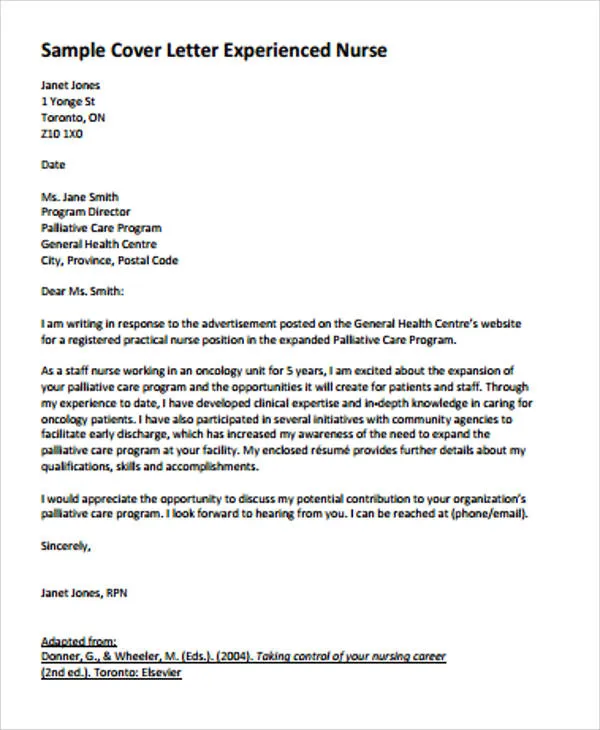
The body of your cover letter is where you highlight your skills, experiences, and motivations. Each paragraph should serve a specific purpose, such as expressing your interest, highlighting relevant skills, showcasing your academic achievements, and demonstrating your passion for nursing. Keep the tone professional and enthusiastic, ensuring that your writing reflects your commitment to nursing.
Opening Paragraph
Start with a strong opening that immediately grabs the reader’s attention. State the position you’re applying for (Nurse Internship) and where you found the opening. Briefly mention why you are interested in the internship and the healthcare facility. Express your enthusiasm and set the tone for the rest of the letter. This is your chance to hook the reader.
Expressing Interest
Clearly state your interest in the nurse internship. Mention why this particular opportunity appeals to you. Demonstrate that you understand the program’s objectives and how they align with your career goals. Highlighting your understanding of the facility’s mission or values can further demonstrate your alignment with the organization.
Highlighting Relevant Skills and Experiences
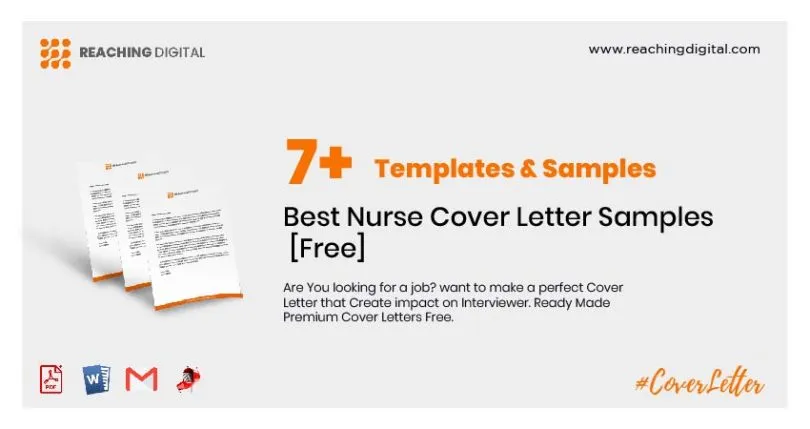
Detail your relevant skills and experiences, using specific examples to support your claims. Mention any clinical experiences, volunteer work, or coursework that demonstrates your abilities. Focus on skills that are essential for nursing, such as communication, critical thinking, and empathy. Relate these skills to the job description to showcase your fit.
Showcasing Academic Achievements
Include any academic achievements, such as a high GPA, Dean’s List, or relevant coursework. Mention any honors or awards you’ve received. These demonstrate your dedication and commitment to your studies. Focus on achievements that are pertinent to the nursing field.
Demonstrating Passion for Nursing
Convey your genuine passion for nursing. Share what motivates you to pursue a career in healthcare. Mention your experiences in healthcare settings and what you learned from them. Let your enthusiasm shine through, as passion is often highly valued in nursing.
Elaborating on Clinical Experiences
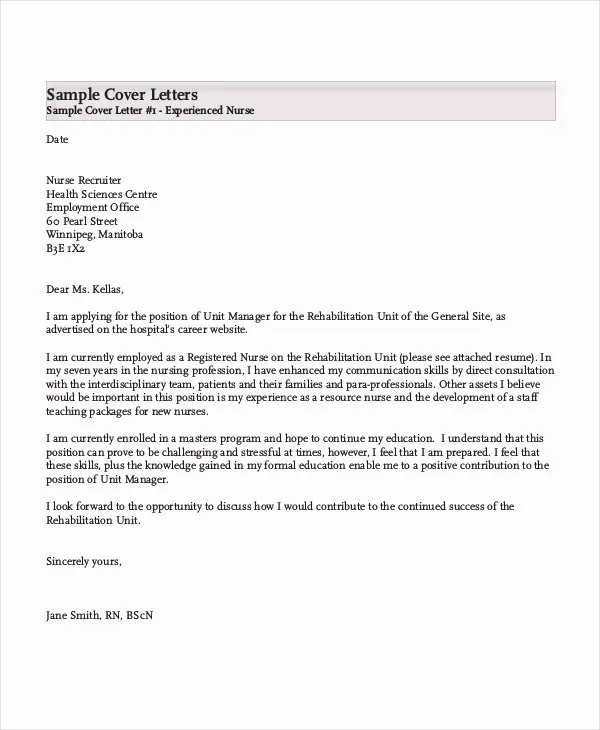
Provide details about your clinical experiences. Discuss the types of patients you’ve worked with and the tasks you performed. Highlight any skills you’ve developed, such as patient assessment, medication administration, or wound care. Be specific and use the STAR method (Situation, Task, Action, Result) to describe your experiences.
Highlighting Specific Skills
Emphasize specific skills relevant to the internship. These might include communication, teamwork, critical thinking, and problem-solving. Back up your claims with examples. For instance, ‘During my clinical rotation in the ICU, I effectively communicated with patients and their families, explaining complex medical information in a clear and compassionate manner’.
Mentioning Any Certifications or Training
If you have any certifications or training, such as CPR, BLS, or ACLS, be sure to mention them. These certifications show that you meet baseline requirements for the job and have a willingness to learn. Include the names of the certifications and the issuing organizations.
Closing Paragraph
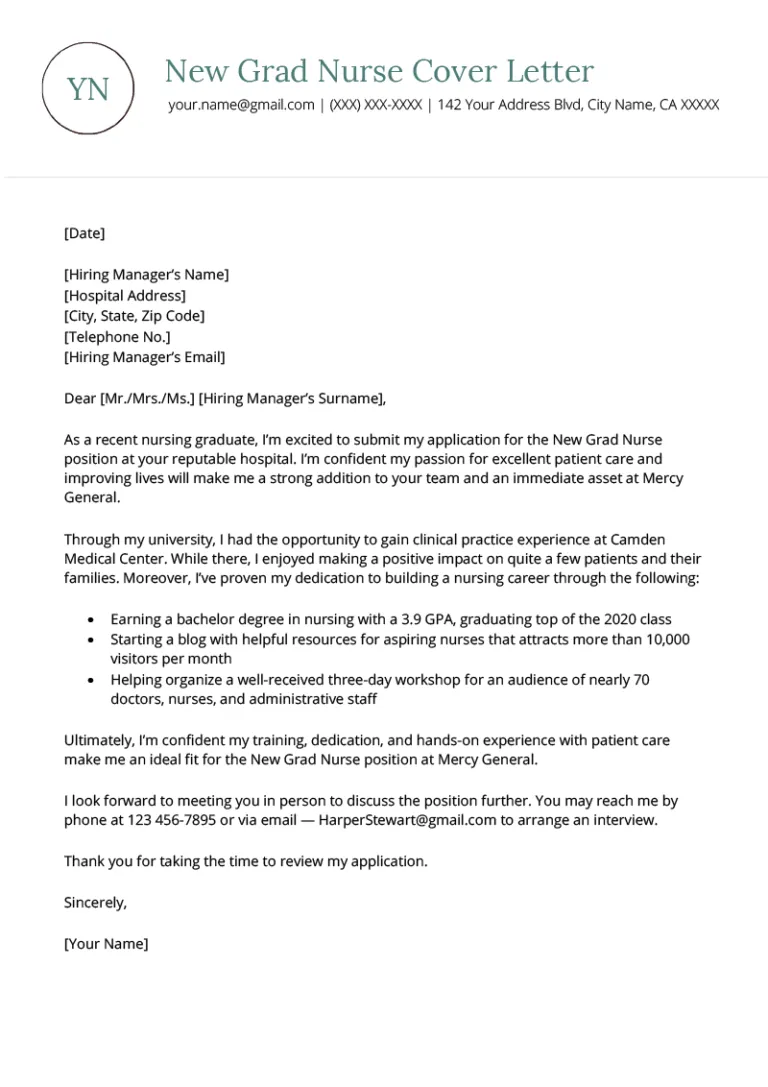
Your closing paragraph should reiterate your interest in the position and express your gratitude for the opportunity to be considered. End with a call to action, such as mentioning your availability for an interview. Keep this section concise and professional.
Reiterate Interest
Reiterate your interest in the nurse internship and emphasize why you believe you are a good fit. Mention the key aspects of the position that excite you. Remind the employer of your qualifications without repeating them. The closing paragraph is your last opportunity to showcase your enthusiasm.
Call to Action
Include a call to action, such as stating your availability for an interview. Make it easy for the employer to take the next step. Indicate your willingness to provide additional information or references upon request. This shows your proactiveness and eagerness to proceed with the application process.
Expressing Gratitude
Thank the reader for their time and consideration. Express your appreciation for the opportunity to apply. A simple statement of gratitude leaves a positive impression and reflects your professionalism.
Proper Formatting and Style
The formatting and style of your cover letter significantly impact its readability and professionalism. Proper formatting will make it easier for the reader to digest the information. Pay attention to font, spacing, and tone to ensure your letter is polished and professional. A well-formatted cover letter demonstrates attention to detail, which is a crucial trait in nursing.
Formatting Tips
Use a professional and easy-to-read font. Maintain consistent spacing throughout the letter. Proofread the letter carefully to eliminate any errors. Use clear and concise language. A clean and well-structured cover letter makes a strong visual impact.
Font and Size
Choose a professional font like Times New Roman, Arial, or Calibri in a size between 10 and 12 points. Ensure that the font is legible and easy on the eyes. Avoid using decorative or overly stylized fonts that can distract the reader.
Margins and Spacing
Use standard one-inch margins on all sides of the document. Double-space between paragraphs for improved readability. This creates a clean and organized layout, making the content more accessible.
Tone and Language
Maintain a professional and enthusiastic tone throughout your cover letter. Use clear, concise language and avoid jargon or slang. Focus on positive language and highlight your accomplishments. Your language should reflect your personality and professionalism.
Proofreading and Editing
Before submitting your cover letter, proofread it carefully for any grammatical errors, spelling mistakes, or typos. Ensure that your letter is free of any errors. Proofreading is a crucial step in presenting a polished and professional cover letter.
Checking for Grammatical Errors
Carefully review your cover letter for grammatical errors, such as incorrect verb tenses, subject-verb disagreements, and incorrect punctuation. Grammar errors can undermine your credibility. Use spell-check and grammar-check tools, but also read the letter aloud to catch any mistakes.
Ensuring Clarity and Conciseness
Make sure your cover letter is clear, concise, and easy to understand. Avoid using long, complicated sentences. Get rid of any unnecessary words or phrases. Keep your language simple and direct, emphasizing your key qualifications and experiences.
Tailoring Your Cover Letter
Customizing your cover letter for each application is a must. Tailoring your letter to a specific internship program demonstrates your interest and attention to detail. Research the program and the facility to understand their specific needs and align your skills accordingly.
Researching the Internship Program
Before writing your cover letter, research the internship program and the healthcare facility. Understand their mission, values, and the specific skills they seek in interns. This research will help you tailor your letter to highlight the most relevant aspects of your qualifications and show your genuine interest.
Customizing the Letter for Each Application
Don’t use a generic cover letter. Customize it for each internship you apply for. Modify your letter to align with the specific requirements of the internship and the needs of the healthcare facility. Highlight the skills and experiences that are most relevant to each opportunity. Tailoring your cover letter will significantly increase your chances of getting noticed.
Providing References
Include your references as a separate section in your cover letter. Make sure your references are aware that you are listing them as references. Include their name, title, and contact information. If you’re running out of space, you can add a statement like ‘References available upon request’.
Including Reference Information
Provide the names, titles, and contact information of your references. Ensure that your references are prepared to speak about your skills and qualifications. Choose references who can attest to your skills, work ethic, and character. These individuals should be people who know you well and have observed your abilities in a professional or academic setting.
Submitting Your Cover Letter
Carefully review the application instructions for each internship. Submit your cover letter and resume according to the guidelines. Ensure that all the required documents are included. Following the instructions demonstrates your attention to detail. Proofread your entire application before submission.
What to Avoid in a Cover Letter
There are some common mistakes to avoid when writing a nurse internship cover letter. These mistakes can detract from your qualifications. Being aware of these pitfalls will help you create a strong and effective cover letter.
Common Mistakes to Avoid
Avoid generic language. Do not simply restate your resume. Don’t include irrelevant information. Refrain from negative comments about previous employers or experiences. Steer clear of any errors in grammar and spelling. Ensure your cover letter is customized. Avoid sending the same cover letter to every program.
Examples of Strong Cover Letters
Reviewing examples of successful cover letters can provide valuable insights and inspiration. Study these examples to understand how to effectively present your qualifications. You can adapt the language and structure to fit your own circumstances.
Example 1
Example cover letters demonstrate how to showcase your skills, experiences, and enthusiasm. A well-written example provides a clear structure and highlights your achievements effectively. These examples serve as templates that you can adapt to fit your needs.
Example 2
Additional examples provide alternative ways to present your information. This allows you to adapt the language and structure to fit your own circumstances. Learning from different examples helps you enhance your writing and increase your chances of making a lasting impression.
Example 3
More examples illustrate how to effectively showcase your passion, skills, and academic achievements. A variety of examples provide you with the flexibility to tailor your cover letter and ensure that it effectively conveys your strengths. Analyze the examples and adopt the best practices.
Final Tips for Success
Writing a compelling cover letter is an investment in your future nursing career. Follow these final tips to ensure your cover letter stands out. These tips will help you create a winning cover letter that gets you noticed and helps you land your dream nursing internship.
